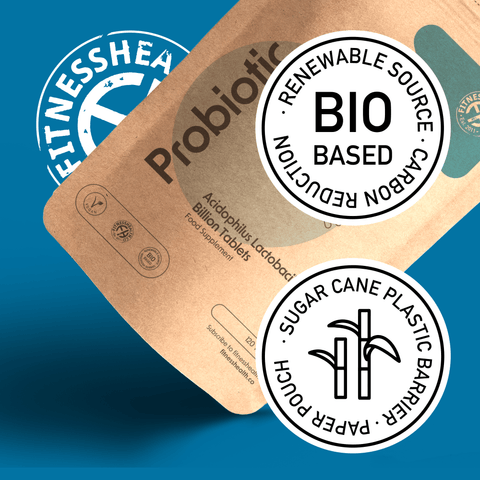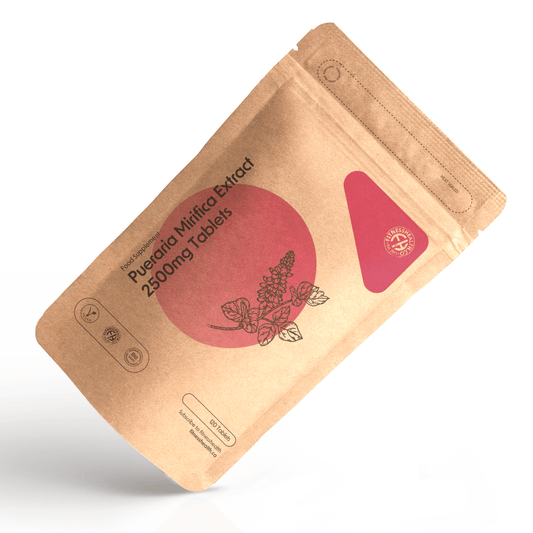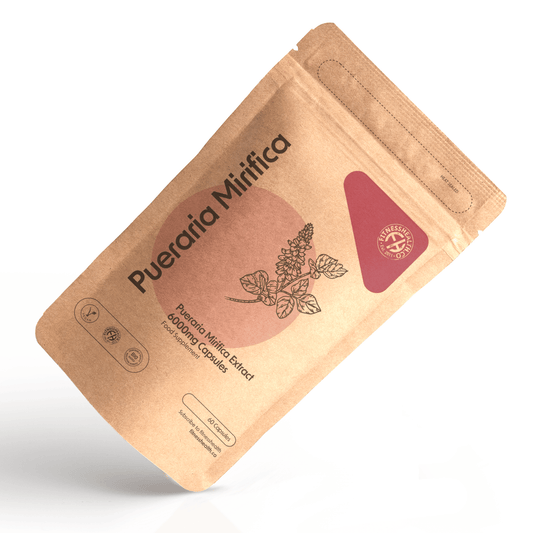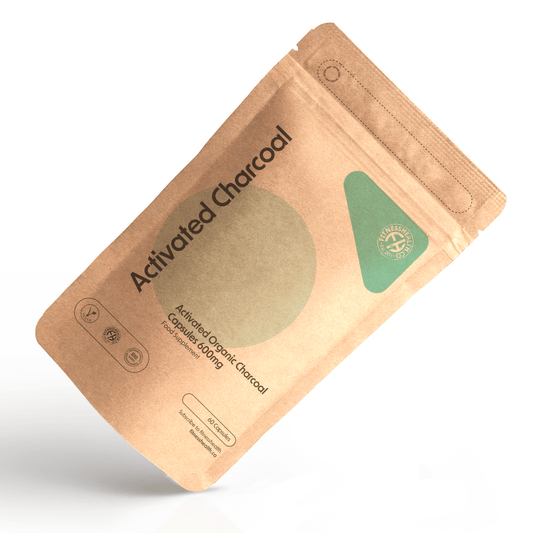The probiotic Lactobacillus acidophilus is well known being a beneficial bacteria found in your intestines, it plays a crucial role in protecting against various illnesses. To boost its levels, consuming fermented goods or taking supplements can be beneficial. Probiotics, including L. acidophilus, are gaining popularity as food supplements due to their potential health benefits. Each probiotic type can have unique effects on the body. L. acidophilus, commonly found in fermented foods, yogurt, and supplements, is a key player in the hut health and probiotics game.
So, what exactly is Lactobacillus acidophilus?
This type of bacteria, a member of the Lactobacillus genus, produces lactic acid through an enzyme called lactase. Consuming lactase breaks down lactose found in milk into lactic acid. L. acidophilus, also known as acidophilus, has been extensively researched as a probiotic, showing potential health benefits. However, it's important to note that different strains of L. acidophilus can have varying effects on the body.
Aside from supplements, L. acidophilus is naturally present in fermented foods like sauerkraut, miso, tempeh, as well as added to products like cheese and yogurt. Below, we examine into nine ways Lactobacillus acidophilus may positively impact your health, from lowering cholesterol levels to aiding in the prevention and treatment of diarrhea, and even improving symptoms of irritable bowel syndrome.

Key Takeaways:
- Lactobacillus Acidophilus: L. acidophilus is a beneficial bacteria found in your intestines that helps protect against various illnesses.
- Probiotics: Probiotics are becoming popular food supplements and can have different effects on the body.
- Health Benefits: L. acidophilus may help reduce cholesterol levels, prevent and reduce diarrhea, and improve symptoms of irritable bowel syndrome.
- Food Sources: L. acidophilus can be found in fermented foods like sauerkraut, miso, yogurt, and supplements.
- Strain Specific: Different strains of L. acidophilus may have varying effects on the body, so choosing the right one is crucial for desired health benefits.
Health Benefits of L. Acidophilus
Cholesterol Management
Management of cholesterol levels is crucial for heart health, and L. acidophilus has shown promise in this area. Studies have indicated that L. acidophilus, whether consumed alone, in yogurt, or in combination with prebiotics, can help lower cholesterol levels. By including L. acidophilus in your diet, you may be able to positively impact your cholesterol profile and reduce the risk of heart disease.

Diarrhea Prevention and Treatment
Prevention and treatment of diarrhea are important aspects of gut health, and L. acidophilus has demonstrated effectiveness in this regard. When combined with other probiotics, L. acidophilus may help prevent and alleviate diarrhea associated with various causes, including bacterial infections, antibiotics, and travel. By incorporating L. acidophilus into your daily routine, you can potentially support your gut health and reduce the risk of experiencing diarrhea-related complications.
Acidophilus
In addition to its potential benefits for cholesterol management and diarrhea prevention, L. acidophilus may also play a role in improving symptoms of Irritable Bowel Syndrome (IBS). Research suggests that this probiotic, when used in specific combinations and dosages, could help alleviate abdominal pain and bloating in individuals with IBS. It is important to consult with a healthcare provider before starting any new supplement regimen to ensure it is appropriate for your individual health needs.
L. Acidophilus and Digestive Health
Impact on Irritable Bowel Syndrome
One common condition that L. acidophilus may impact is Irritable Bowel Syndrome (IBS). Studies have shown that probiotics, including L. acidophilus, can help alleviate symptoms such as abdominal pain, bloating, and irregular bowel movements in individuals with IBS. Research suggests that the use of single-strain probiotics for a short duration may be most effective in improving IBS symptoms.
Role in Maintaining Intestinal Balance
Health L. acidophilus plays a crucial role in maintaining intestinal balance by promoting the growth of beneficial bacteria in the gut. By producing lactic acid, this probiotic helps create an environment that is unfavorable for harmful pathogens. Consuming L. acidophilus through fermented foods or supplements can help support digestive health and overall well-being.
Impact When the balance of good and bad bacteria in the gut is disrupted, it can lead to digestive issues such as bloating, gas, and diarrhea. L. acidophilus works to restore this balance, promoting a healthy gut microbiome and improving digestion. By incorporating L. acidophilus into your diet, you can support the health of your intestines and enhance your overall digestive wellness.
Consumption and Sources of L. Acidophilus
Sources in Fermented Foods and Supplementation
Not all probiotics are created equal, and Lactobacillus acidophilus can be found in various forms for consumption. Fermented foods like sauerkraut, miso, and tempeh are natural sources of L. acidophilus. Additionally, you can opt for supplements to increase your intake of this beneficial bacteria.
Importance of Choosing the Right Probiotic Strain
Sources of L. acidophilus can vary in effectiveness based on the specific strain used. It's crucial to consider the strain of probiotic when selecting a supplement or consuming fermented foods. Different strains may have varying effects on your health. Therefore, understanding the importance of choosing the right probiotic strain is crucial for maximizing the benefits of L. acidophilus.
It is crucial to note that not all probiotic strains are the same, and selecting the appropriate strain, such as L. acidophilus, can impact the health benefits you may experience. Different strains of probiotics have different mechanisms of action and may provide distinct advantages. When choosing a probiotic supplement or incorporating fermented foods into your diet, paying attention to the specific strain of L. acidophilus can help ensure you are obtaining the intended health benefits.
Considerations and Prebiotics
Despite the potential benefits of Lactobacillus acidophilus, it's crucial to consider certain factors when incorporating probiotics into your routine. Prebiotics are non-digestible fibers that promote the growth of beneficial bacteria in the gut. When combined with probiotics like L. acidophilus, prebiotics can have a synergistic effect, enhancing the growth and activity of these beneficial bacteria.Synergistic Effect with Prebiotics
Synergistic effects occur when prebiotics are combined with probiotics like L. acidophilus, promoting the growth and colonization of beneficial bacteria in the gut. This synergy helps create a healthier gut environment, potentially enhancing the probiotic's benefits in terms of digestion, immunity, and overall health.Selection of Probiotics and Prebiotics for Maximum Benefit
The selection of the right probiotics and prebiotics is crucial for maximizing the potential health benefits. Consider factors such as the specific strains of probiotics, the dosage, and the duration of supplementation. Similarly, choosing the right prebiotics to complement the probiotics can further enhance their effectiveness. This ensures that you get the most out of your probiotic and prebiotic regimen, promoting a healthy gut microbiome and overall well-being.

To wrap up
Hence, Lactobacillus acidophilus, a beneficial bacteria found in your intestines, offers various health benefits such as reducing cholesterol levels, preventing and treating diarrhea, and improving symptoms of irritable bowel syndrome. Consuming L. acidophilus on its own, in fermented foods, yogurt, or in combination with prebiotics may help in lowering cholesterol levels. When combined with other probiotics, L. acidophilus has shown promise in preventing and reducing diarrhea caused by various reasons. Furthermore, studies suggest that using single-strain probiotics like L. acidophilus for a short duration may be more effective in improving symptoms of irritable bowel syndrome. This emphasizes the importance of choosing the right probiotic strain and duration for specific health issues to reap the maximum benefits of L. acidophilus and maintain gut health.
FAQ
Q: What is Lactobacillus Acidophilus?
A: Lactobacillus acidophilus is a type of bacteria found in your intestines. It’s a member of the Lactobacillus genus of bacteria, and it plays an important role in human health. Its name gives an indication of what it produces — lactic acid.
Q: What are Probiotics?
A: Probiotics are live microorganisms that, when administered in adequate amounts, confer a health benefit on the host. Lactobacillus acidophilus is a commonly used probiotic due to its potential health benefits.
Q: How can Lactobacillus Acidophilus benefit my health?
A: Lactobacillus acidophilus may help reduce cholesterol levels, prevent and reduce diarrhea, improve symptoms of irritable bowel syndrome, boost immunity, promote weight loss, support vaginal health, enhance skin health, and even potentially reduce the risk of certain infections.
Q: In what foods can Lactobacillus Acidophilus be found naturally?
A: Lactobacillus acidophilus can be found naturally in fermented foods such as sauerkraut, miso, tempeh, cheese, and yogurt. These foods can be good sources of this beneficial bacteria.
Q: How should I consume Lactobacillus Acidophilus for best results?
A: To benefit from Lactobacillus acidophilus, you can consume fermented foods that contain it or take probiotic supplements. Additionally, combining L. acidophilus with prebiotics or consuming it in yogurt or milk may help maximize its health benefits.









